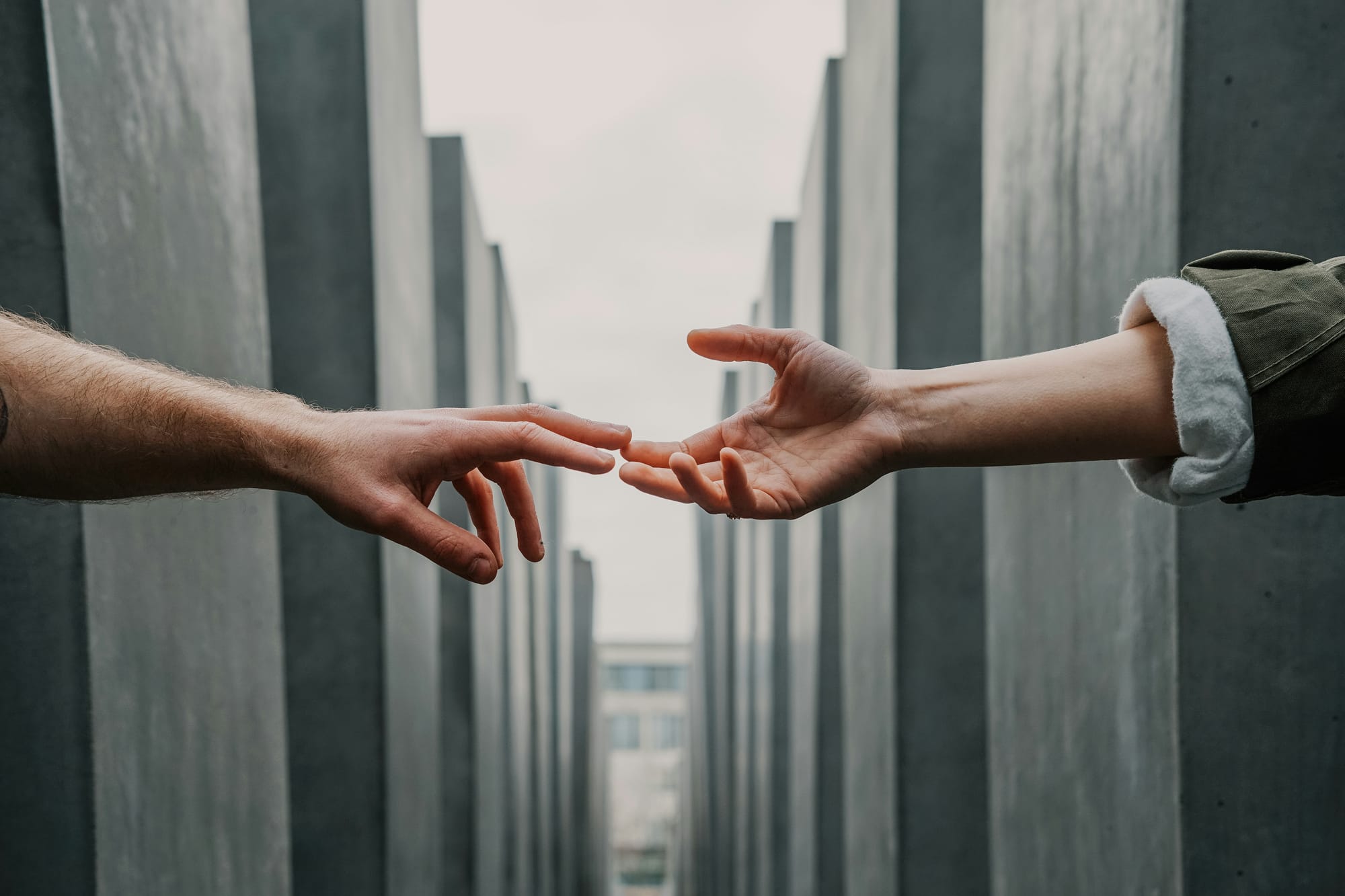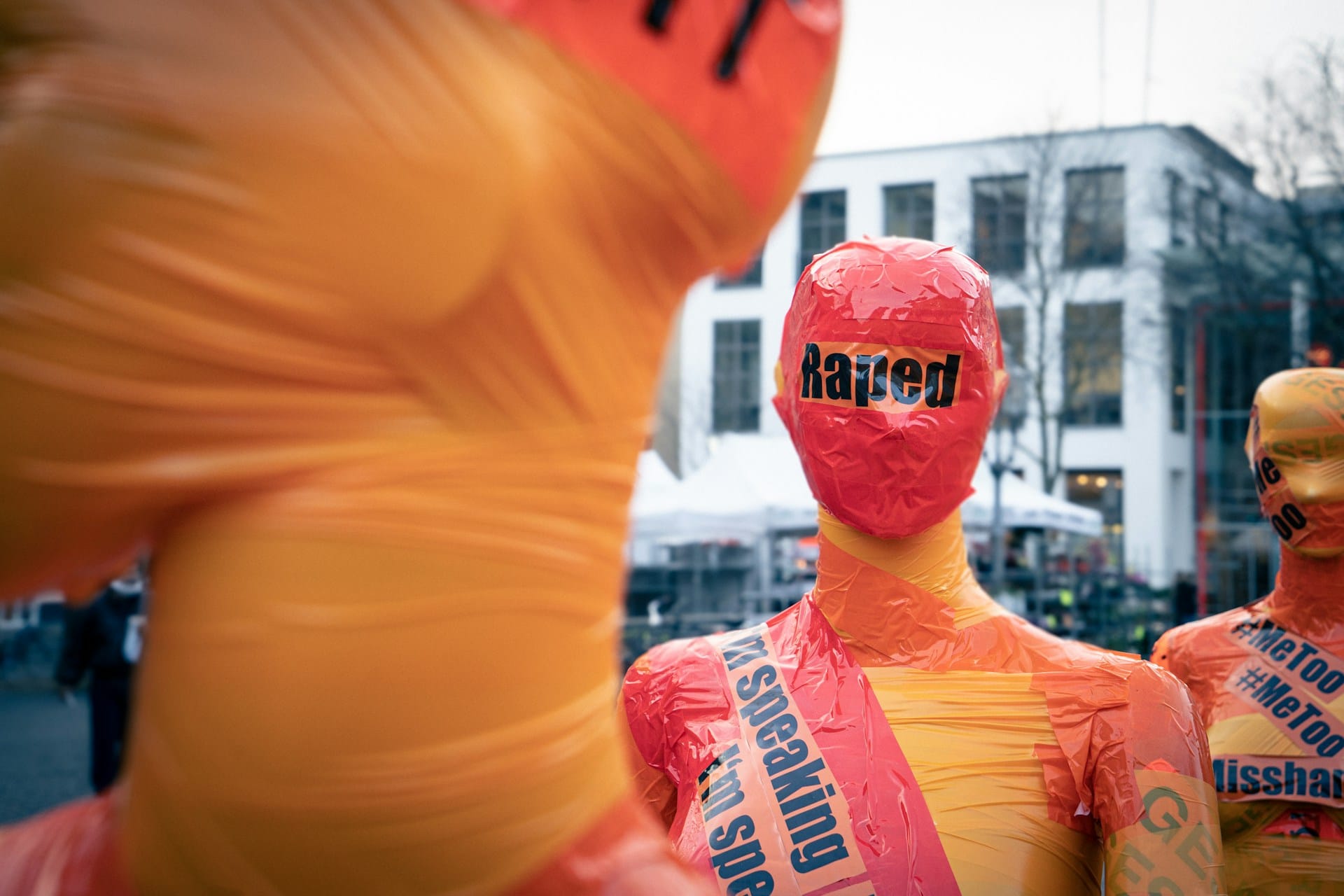Table of Contents
We all process the world differently. For those of us who carry deep trauma, things that barely register for others can hit us like a truck. A word, a tone, an image — and suddenly we’re shaken to the core. It’s an echo of old wounds, the lingering touch of what we’ve endured as survivors of sexual abuse and assault.
Trauma doesn’t just affect memory — it reshapes the brain. The amygdala, which helps regulate emotion, can become hyper-aroused, wired for alarm. We learn to live on high alert, flooded by emotion when something feels unsafe or uncertain. And maybe, through that same wiring, we become more attuned to the pain in others. Sadness and fear are languages we understand.
For me, this also means that I process the world emotionally. That doesn’t mean I’m not rational, analytical, or even sometimes lighthearted — just that emotion is the lens through which everything first passes. My emotional filter is always on, and my trauma lives not far from the surface. Is this good or bad? I’m not sure. But it seems a permanent feature of who I am. On better days, I think of it as a kind of gift — my superpower.
There’s a line from a movie where a boy tells his therapist, “I see dead people.” I don’t see dead people, but I do see pain. I feel it sharply, sometimes as if it were my own. When others remain calm, I might tear up, my voice cracking — and wonder what’s wrong with me. Why does someone else’s pain echo so loudly in me and not affect everyone?
If this sounds familiar, you already know: others’ distress stirs your own. Yet it’s also the root of something beautiful — deep empathy. Over a year ago, I attended an Advanced Weekend of Recovery hosted by MenHealing and Taking Back Ourselves. During a group session, a nonbinary person spoke about their isolation and fear, worsened by today’s politics. I’d never given much thought to what it means to be nonbinary, but their pain reached me instantly. In that moment, their gender didn’t matter. Their humanity did. And in that instant, understanding became connection — the essence of our being fully human.
For me, empathy isn’t just viewing others through the lens of trauma. It’s seeing through to other’s souls — recognizing another’s hurt and saying, quietly, I know this place and we have a connection.





